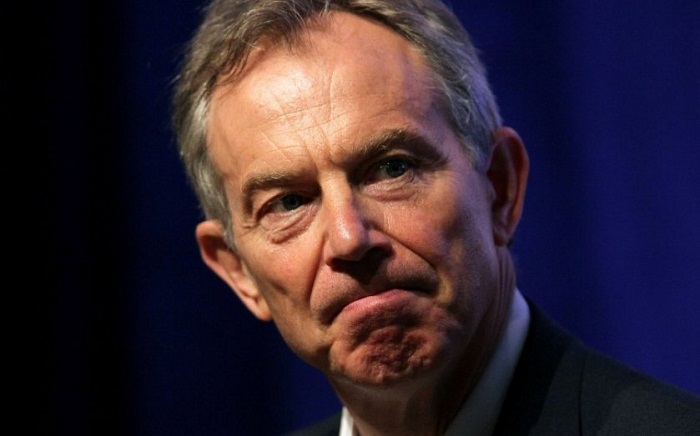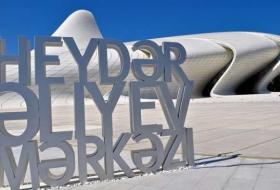"It is long overdue. He has been ineffective in this job. He has no credibility in this part of the world."
Mr Blair took on the role after standing down as prime minister in 2007 but his tenure has been controversial. Critics have attacked the lack of progress achieved in the region and last year three former British ambassadors backed a campaign calling for him to be sacked and accused him of trying to ``absolve himself`` of responsibility for the crisis in Iraq.
A senior source in the US administration said: "Our position is clear. Tony Blair has been a valued partner in trying to bring peace to the Middle East and we will continue to value his input and support."
European Union Favours Higher Gulf Role
High-level discussions are under way to more closely involve Arab states in the work of the Middle East Quartet and reinvigorate the four-member group that has been seeking to mediate in the Israeli-Palestinian conflict since 2002.
Rather than formally expanding the Quartet`s membership, the idea is to have more frequent top-level meetings with at least Saudi Arabia, Jordan and Egypt to ensure the region is better engaged at a time of tumultuous change, according to senior diplomats based in the Middle East and Europe.
According to Reuters, Federica Mogherini, the European Union`s foreign affairs chief, is expected to appoint a special envoy to the Middle East in the coming days. Officials said a first meeting of the Quartet — comprising the United States, United Nations, the EU and Russia — along with Arab countries and perhaps the Arab League, could take place in the coming weeks.
Israeli-Palestinian peace talks, envisaging a Palestinian state in territory captured by Israel during the 1967 Six-Day War, collapsed in April last year after nine months of largely fruitless discussions sponsored by the United States.
"The important thing is that there will be an outreach to those countries," said a European diplomat briefed on the proposals. "There is an understanding that peace between Israelis and Palestinians must be embedded in a broader regional concept and for that you need neighbouring Arab countries.
"It`s very difficult to say at the moment what format this will take because there are too many unknown factors."
More about:
















































